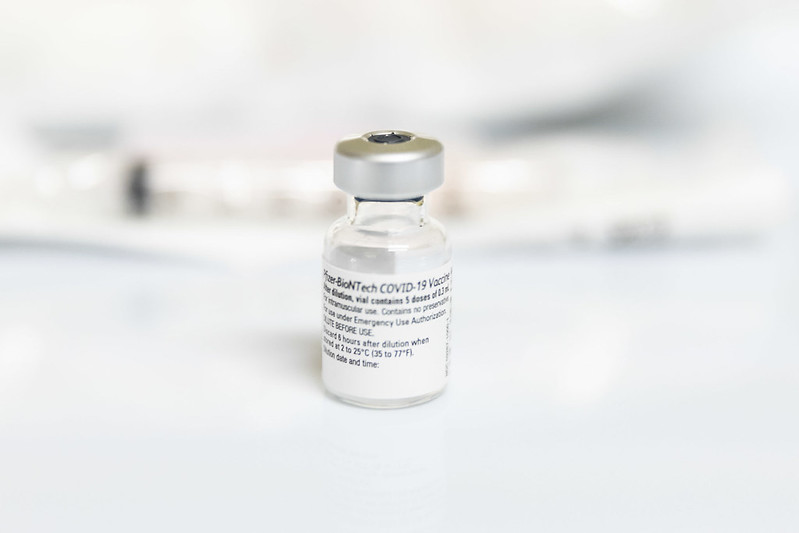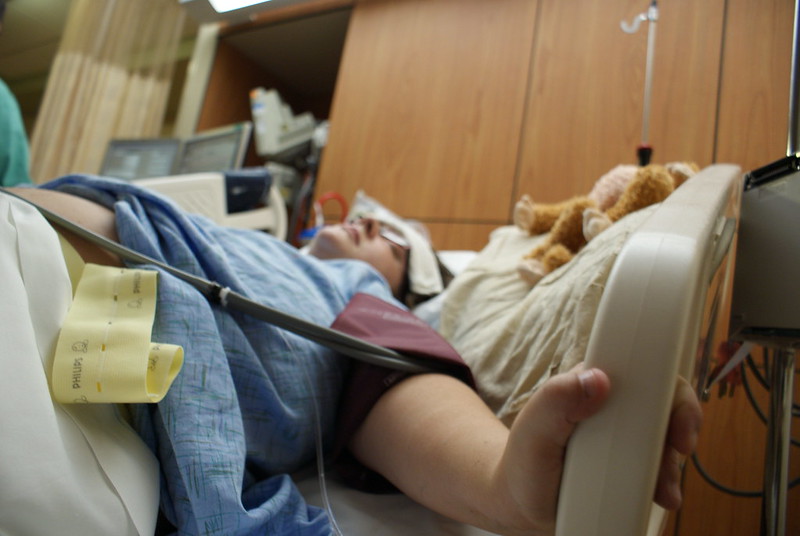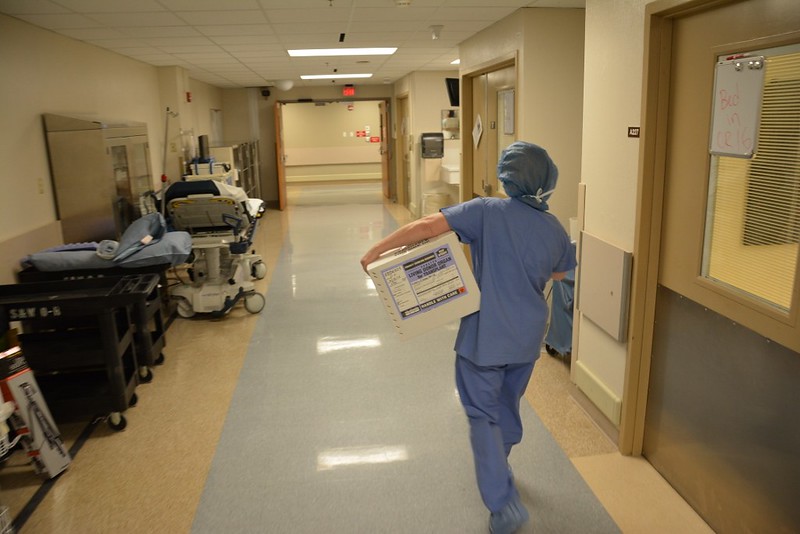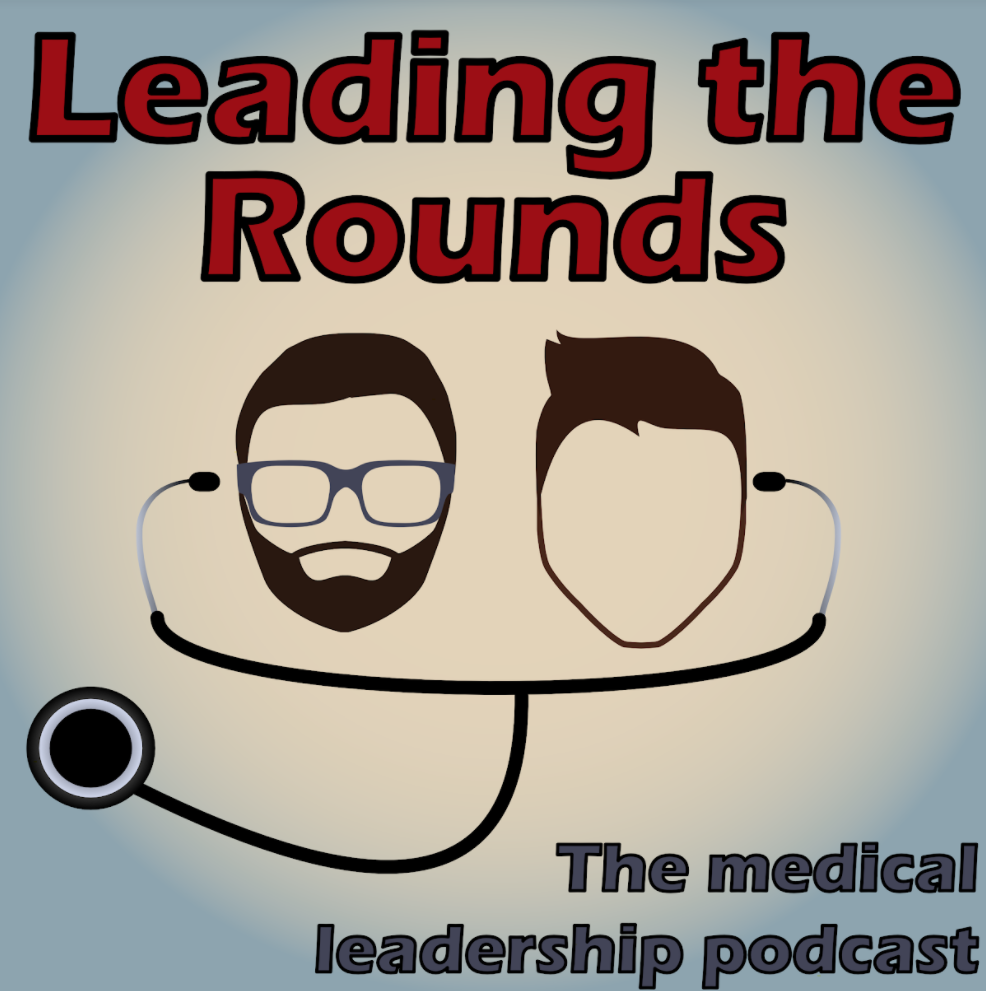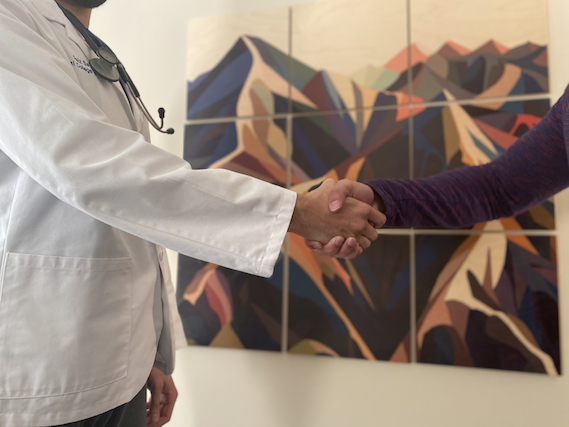From Child Interpreter to Student Physician
I learned English out of necessity — not only for myself but also for my family. I grew up in Mexico and moved to a small Northern California town at the age of eight. When we moved to the United States, I was placed in an English-speaking classroom with no one who spoke Spanish. Necessity forced me to learn English quickly and, as a result, I became my family’s unofficial interpreter, including at their medical appointments.


